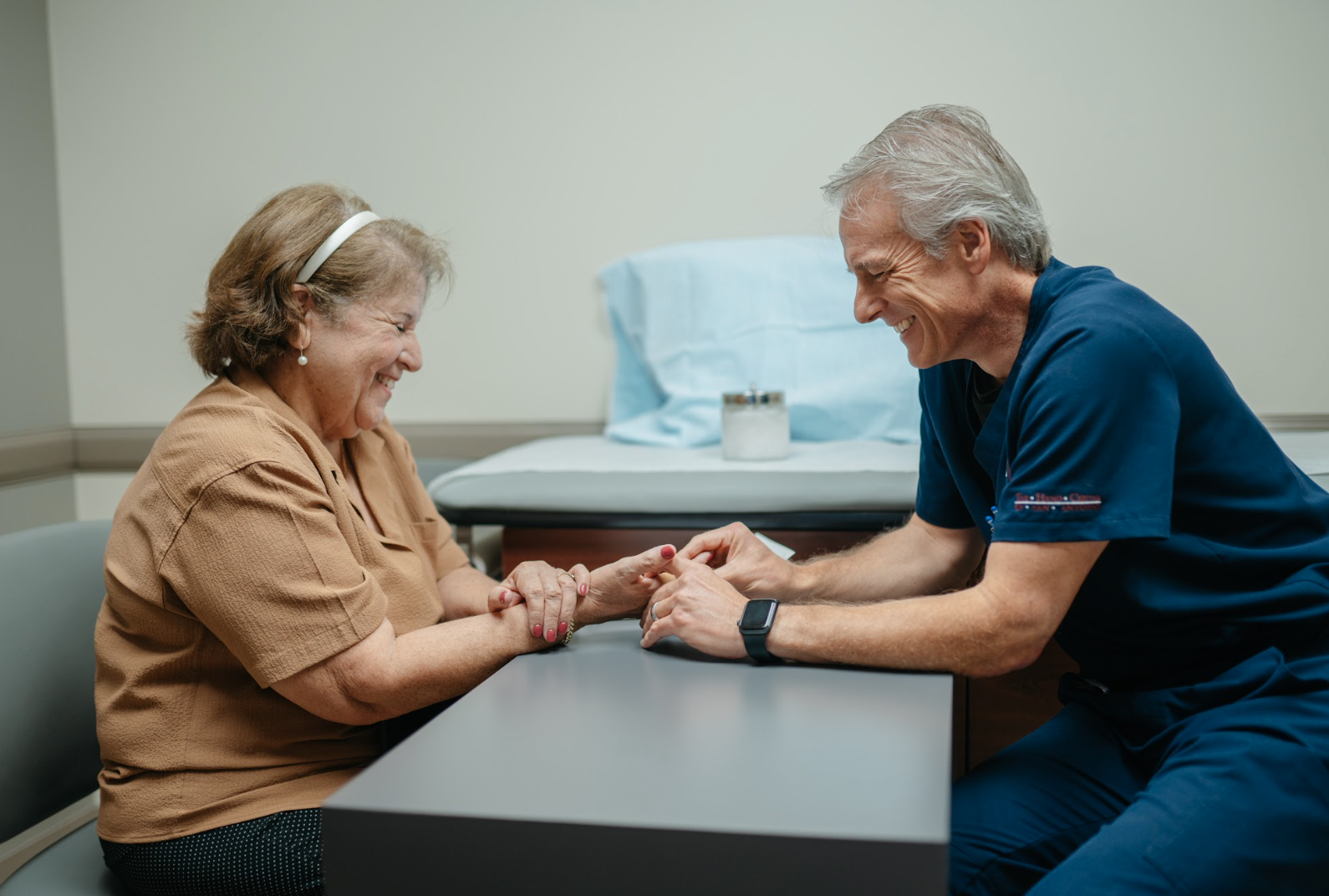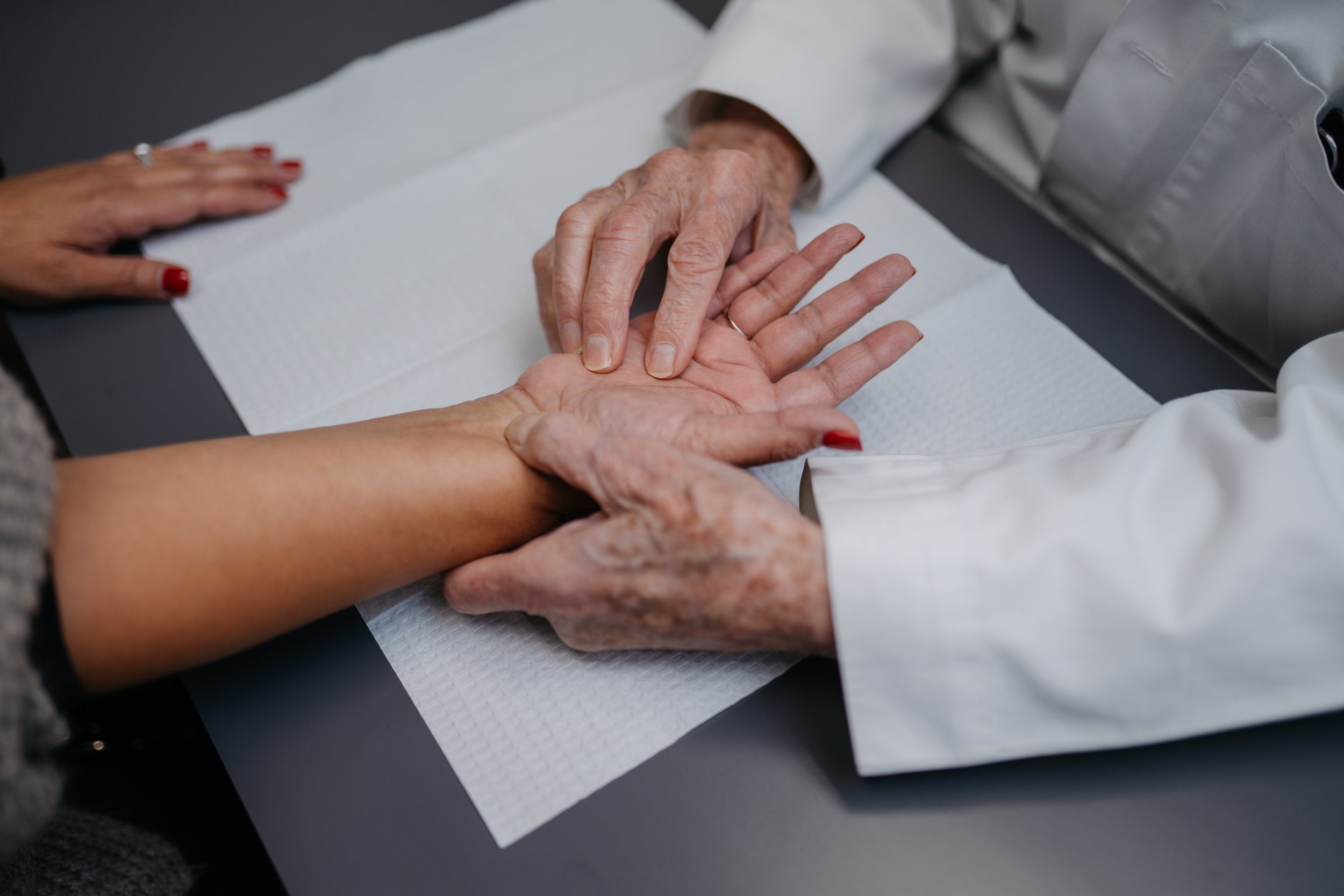What Is Nerve Repair Surgery?
Nerve repair surgery is a specialized procedure designed to restore sensation, strength, and function after a nerve has been damaged. When nerves are injured due to trauma, repetitive stress, or surgical complications, the communication between the brain and the affected area becomes disrupted. This disruption can lead to symptoms such as numbness, weakness, or loss of movement.
Surgical repair focuses on reconnecting or reconstructing the injured nerve to promote healing and help the body regain as much normal function as possible. Recovery timelines can vary based on the severity of the injury, the specific nerve involved, and the type of surgical method used.
What Are the Different Types of Nerve Repair Surgery?
Several surgical techniques are available to repair nerve injuries, and the choice of procedure depends on the type and extent of the damage. Common types of nerve repair surgery include:
Direct Nerve Repair:
When the gap between nerve ends is small, surgeons can stitch the nerve ends directly back together to encourage natural healing.Nerve Grafting:
If the gap between damaged nerve ends is too large for direct repair, a piece of healthy nerve tissue—often taken from another part of the patient’s body—is used to bridge the gap.Nerve Transfer:
In cases where the original nerve is too damaged to repair, a nearby healthy nerve is redirected to restore function to the affected area.
Each of these techniques aims to reestablish communication between the brain and the injured area, supporting recovery of movement, sensation, and strength over time
Who Is a Candidate for Nerve Repair Surgery?
Nerve repair surgery may be recommended for individuals who have experienced significant nerve damage that affects sensation, strength, or movement. Candidates typically include those who have suffered:
Traumatic Injuries:
Deep cuts, crush injuries, or lacerations from accidents that physically sever or severely damage a nerve.
Repetitive Stress Injuries:
Chronic compression or stretching of nerves over time, such as severe cases of carpal tunnel syndrome or cubital tunnel syndrome that do not respond to non-surgical treatments.Surgical Complications:
Nerve damage that occurs during other types of surgery, especially in orthopedic, vascular, or tumor removal procedures.Nerve Tumors or Growths:
Some benign or malignant growths may require removal along with reconstruction of the nerve.Severe Inflammatory Conditions:
In rare cases, extreme inflammation or infection can damage nerves enough to require surgical repair.
Patients considered for nerve repair surgery often experience persistent symptoms such as numbness, tingling, muscle weakness, or loss of coordination that do not improve with conservative treatments. Early evaluation by a hand and nerve specialist is important, as timely surgical intervention can significantly improve the chances of successful nerve healing and functional recovery.
What to Expect After Nerve Repair Surgery
Recovery after nerve repair surgery is a gradual process because nerves heal and regenerate slowly. On average, nerve fibers grow at a rate of about one millimeter per day. Some patients may start to notice early signs of improvement within a few months, but full recovery can take several months to a year or longer, depending on the severity and location of the injury.
Working with a Certified Hand Therapist is often an important part of the recovery process. Therapy helps maintain flexibility, build strength, and retrain the repaired nerve to improve overall function. Staying committed to rehabilitation and following your surgeon’s recommendations closely can make a significant difference in maximizing healing and restoring as much sensation and movement as possible.
Are You Experiencing Symptoms of Nerve Damage? Our Team Can Help!
At The Hand & Upper Extremity Center of San Antonio, we specialize in diagnosing and treating nerve injuries with advanced surgical and rehabilitation techniques. If you are experiencing numbness, weakness, or loss of function after an injury, our expert team can guide you through every step of recovery. Schedule a consultation today to receive personalized care and support designed to help you regain strength, sensation, and quality of life.




